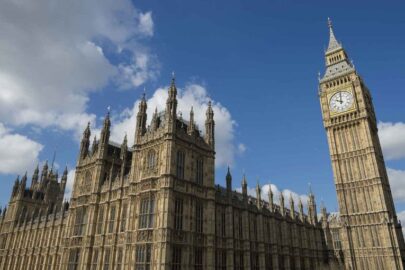It’s very hard to view anything at the moment without looking at it via the prism of the Election. With the manifestos of the major political parties published ahead of the upcoming General Election, it looks very like the proposed policies are set to significantly impact the buy-to-let sector.
For mortgage advisers working with landlord borrowers, understanding these proposals is crucial. Let’s therefore delve into what the Labour, Conservative, Liberal Democrats, SNP, Reform, and Plaid Cymru parties are proposing, particularly considering housing is a devolved issue across the UK.
Labour
Labour has intensified its focus on what it describes as ‘unscrupulous landlords strangling growth’. Its manifesto outlines several key proposals:
Labour claims these measures will save private renters £250 a year through improved energy efficiency. Deputy Leader, Angela Rayner, emphasied these policies aim to support good landlords while cracking down on those who harm the market. Labour’s plan to build 1.5 million homes over five years is also designed to address the broader supply issues in the private rental sector (PRS).
Conservative
The Conservative Party says it remains committed to supporting landlords and the private rental market. Its manifesto focuses on:
The Conservatives have refrained from proposing rent controls, positioning themselves as advocates for property ownership. This stance aims to foster a stable investment climate in the rental market.
Liberal Democrats
The Liberal Democrats advocate an approach focused on tenant protections and landlord incentives. The manifesto includes:
SNP (Scottish National Party)
In Scotland, housing policy is devolved, and the SNP’s manifesto reflects this with a focus on:
The SNP has not committed to new rent controls in its manifesto, though permanent rent controls are forthcoming through the Housing (Scotland) Bill. This Bill will require local councils to assess private accommodations every five years, potentially triggering rent controls. Propertymark has expressed concerns about the SNP’s approach, emphasising the need for more social homes and reversing the current housing emergency exacerbated by rent controls and tax hikes.
Reform Party
The Reform Party’s stance includes:
Plaid Cymru
In Wales, housing policy is also devolved. Plaid Cymru’s manifesto focuses onaffordable housing and tenant rights with proposals for rent controls and increased investment in housing supply.
Overall, there is a degree of commonality amongst the parties, however we would certainly not be in favour of rent controls, especially given the recent example of their introduction in Scotland.
One of the key elements of continuing to be a landlord is the ability to shift rents in order to meet ongoing costs and responsibilities; take this away from landlords and we are likely to see even more choosing to sell up, which would increase the supply-demand divide, and – should those rent controls ever end – be likely to increase rents by even more.
That ability to shift rents has been even more important in a much higher interest rate environment – a critical factor for landlords. There is some good news on that front though, with the hope rates will start to fall, as a consequence of lower inflation shifting both the Bank Base Rate and swap rate expectations. Thus reducing mortgage costs. This presents an opportunity for advisers to assist landlords in refinancing existing properties and securing more favourable rates.
Working with specialist lenders like Fleet Mortgages, who have a deep understanding of the buy-to-let market, can be particularly beneficial. We offer tailored products and long-term support, helping landlords navigate market complexities.
With the political landscape shaped by published manifestos, mortgage advisers must stay informed about each party’s proposals and their potential impact on the buy-to-let sector. Educating landlords on regulatory changes, highlighting investment opportunities, and leveraging relationships with specialist lenders will help landlords navigate challenges and continue thriving in the private rental market.
Steve Cox is chief commercial officer at Fleet Mortgages
